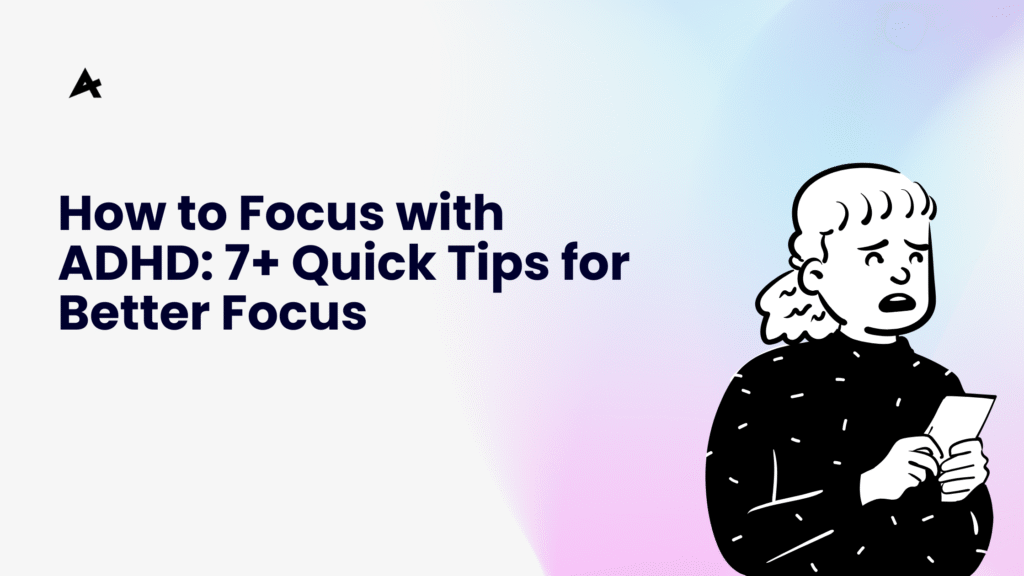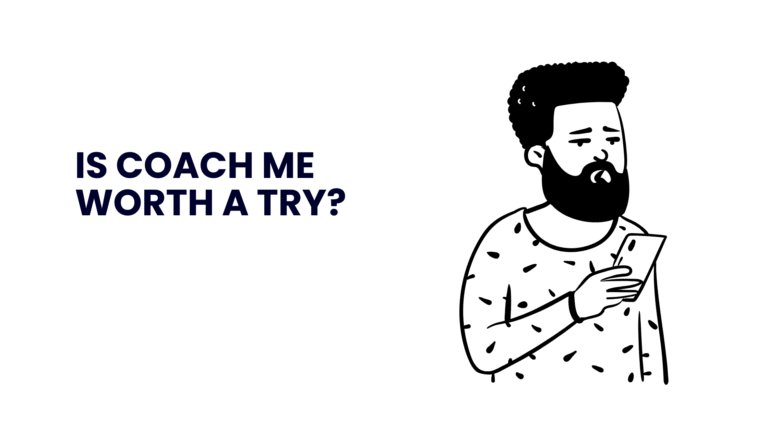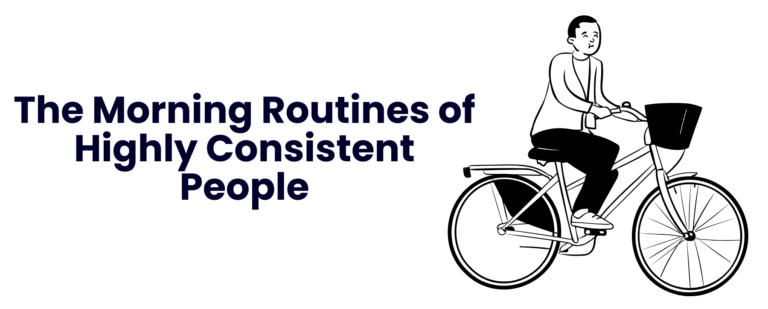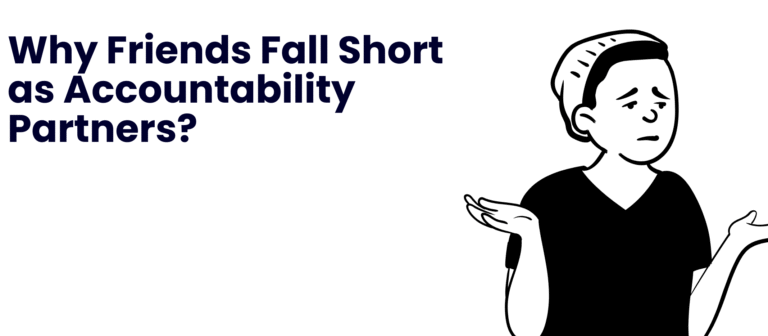How to Focus with ADHD: 7+ Quick Tips for Better Focus
If you have ADHD, you are familiar with the frustration of trying to concentrate but feeling as though your mind is working on something else.
One minute you’re focused on that crucial project, and the next you’re in the middle of a rabbit hole studying something unrelated.

The ADHD brain functions differently, it has a strong desire for stimulation, their mind jumps from one thing to the next, and may find it difficult to maintain focus as required by the typical world.
The truth is, though, that having ADHD does not imply that you lack focus. The key is realizing that while ADHD brains struggle with tasks that feel overwhelming or dull, they frequently focus intensely on things that offer instant interest or reward.
The good news?
There are tried-and-true methods that can help you take advantage of your own brain wiring and increase your level of focus in practical, manageable ways.
1. Divide tasks into small, simple steps:
The ADHD brain may find large tasks overwhelming, which can lead to delay and avoidance.
Try open document, write one paragraph about main topic, find two supporting sources instead of write report.
Dividing your work into smaller, more manageable tasks gives you boosts as you finish them.
2. Apply the Pomodoro Technique to Modifications for ADHD:
You can modify the traditional 25-minute work periods to suit your attention span.
As your focus muscle gets stronger, progressively extend the duration to whatever feels manageable, perhaps 10 or 15 minutes.
Take a short walk, perform jumping jacks, or listen to your favorite music during breaks to provide your brain with the stimulation it needs.
3. Establish a “Focus Ritual” to Communicate with Your Brain:
Establish a regular schedule that signals your brain when it’s time to concentrate.This could be preparing a particular kind of tea, clearing your desk, putting on noise-canceling headphones, or taking five minutes to practice deep breathing.The ritual only needs to be regular, it doesn’t need to be complex.
4. Carefully Remove or Reduce Distractions:
Reduce competing inputs to help you focus because your ADHD brain is naturally drawn to stimulation.
Find a quiet place, put your phone in a different room, use website blockers while working, or try white noise or focus music on your noise-canceling headphones.
Controlling what draws your attention is the aim, not getting rid of all stimulation.
5. Utilize Your energy patterns:
Schedule your most crucial tasks for when your brain is most alert and focused.
While some people with ADHD are night owls, many find that they are most focused in the morning.
There is no right time, only what suits your particular brain chemistry.
6. Increase Focus by Moving Your Body:
For ADHD brains , movement is fuel, not a diversion. Consider taking walking meetings, standing while working, or exercising for a short while before important tasks.
7. Establish Mechanisms for External Accountability
Deadlines and external structure tend to help ADHD brains function better.
This could require using apps that track your progress, setting false deadlines ahead of the real ones, scheduling frequent check-ins with friends or coworkers, or working with a body double—someone who is present while you work.
It can be more difficult to create the structure and motivation internally, but external accountability offers both.
8. When concentration falters, practice self-compassion:
It’s normal for people with ADHD to have bad focus days. Treat yourself the way you would a good friend, rather than with harsh self-criticism.
Recognize that your brain functions differently than others, modify your expectations as necessary, and keep in mind that having trouble focusing does not indicate your potential, intelligence, or value.
9. Try Out Some Tools for Improving Focus:
People respond differently to different tools, so don’t be scared to try different things. Use time-management apps like Forest or Focus Keeper, fidget toys for tactile stimulation, noise-canceling headphones for auditory control, or even certain lighting to increase alertness.
While some people adore comfortable reading nooks, others are devoted to standing desks.
In conclusion Your brain is wired for creativity, innovation, and unconventional thinking if you have ADHD. These are amazing abilities that the world needs.
Focus issues are real, but they don’t define who you are or what you can do.
The above mentioned techniques focus on utilizing your individual neurology to establish favorable circumstances for your success rather than trying to make your brain normal.






